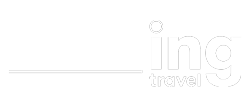PRIVATE TOURS
Here are some things you need to know before traveling to Iceland
Climate: Iceland has a cool maritime climate with unpredictable weather patterns. Be prepared for sudden changes in temperature, wind, and precipitation. It is recommended to bring windproof and waterproof outerwear, along with clothing that can be layered for warmth or removed for comfort in warmer weather. Proper footwear is also important, especially for exploring Iceland’s natural wonders.
Banks and ATMs: Currency exchange is available at Icelandic banks, which are typically open from 9 am to 4 pm on weekdays. ATMs are widely available throughout the country and require a PIN code.
Currency: The Icelandic monetary unit is the krona which is abbreviated Kr or ISK. Credit cards are widely accepted, but it’s a good idea to carry some cash for small purchases.
Credit/Debit cards: It is worth noting that VISA and MasterCard are generally widely accepted, whereas American Express and Discover may not be. The most accepted debit cards are Electron and Maestro.
Time zone: Iceland is in the Greenwich Mean Time (GMT) zone, which means that the time is the same as in London, UK.
Electricity: The standard voltage in Iceland is 220 volts (50 Hz AC) and the electrical outlets are European-style two-pin plugs. You may need to bring a voltage converter and plug adapter.
Language: The official language of Iceland is Icelandic, but English is widely spoken and understood, especially in tourist areas.
Transportation: The most common way to travel around Iceland is by car. There are also buses, domestic flights, and ferries available.
Transportation from KEF International Airport: The most affordable means of transportation is the Fly Bus, which operates for departures and arrivals of each flight. Taxis are also available and can be found in front of the arrival terminal.
Emergency: The emergency telephone number in Iceland is 112.
Medical services: Iceland has a universal healthcare system, which means that residents and visitors have access to the same medical services. Visitors are required to have travel insurance that covers medical expenses in Iceland. Medical facilities, including hospitals and clinics, are available throughout the country, with larger facilities located in the capital city of Reykjavik. Pharmacies are also widely available, and visitors can purchase over-the-counter medication for common ailments. It is important to note that medical services in Iceland can be expensive, and visitors should ensure they have adequate insurance coverage before traveling.
Media: Iceland offers a diverse range of media options. There are numerous radio stations that cater to different musical tastes, news and talk shows. Domestic television channels provide a mix of local and international programming. Many accommodations also offer satellite connections. For those who prefer print media, Iceland has a vast selection of newspapers published in Icelandic and other languages. Additionally, foreign newspapers are readily available in newspaper stands and bookstores. The country also has a vibrant online media presence, with various news websites, blogs, and social media platforms providing up-to-date information on various topics.
Tax Free Shopping: Tax-free shopping in Iceland allows visitors to claim a refund of the Value Added Tax (VAT) paid on eligible goods purchased in Iceland. The VAT rate in Iceland is currently 24%. As a traveller residing outside Iceland, you are entitled to claim VAT on your purchases. Shopping for more than 6000 ISK on one receipt makes you eligible for a tax refund, so remember to ask for your Tax-Free Refund Form at the store counter and fill it out. The form must be stamped by Icelandic customs at the airport before departure. The refund can then be claimed at a Global Blue refund office or via their online portal. It’s a great way for visitors to save money on their purchases in Iceland.
For further information: Exchange services and Tax Refund | Keflavik Airport (isavia.is)

